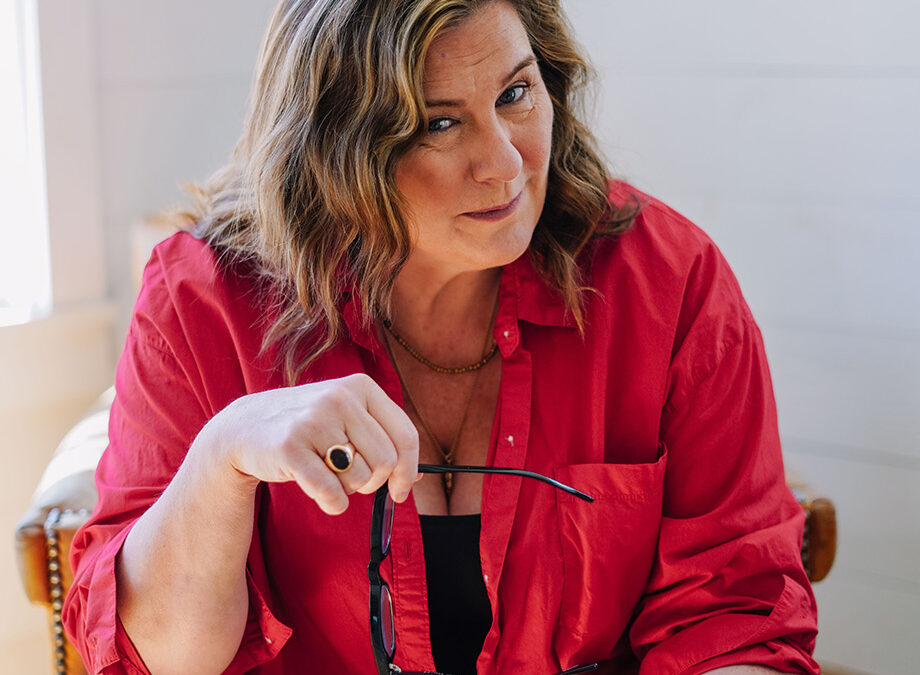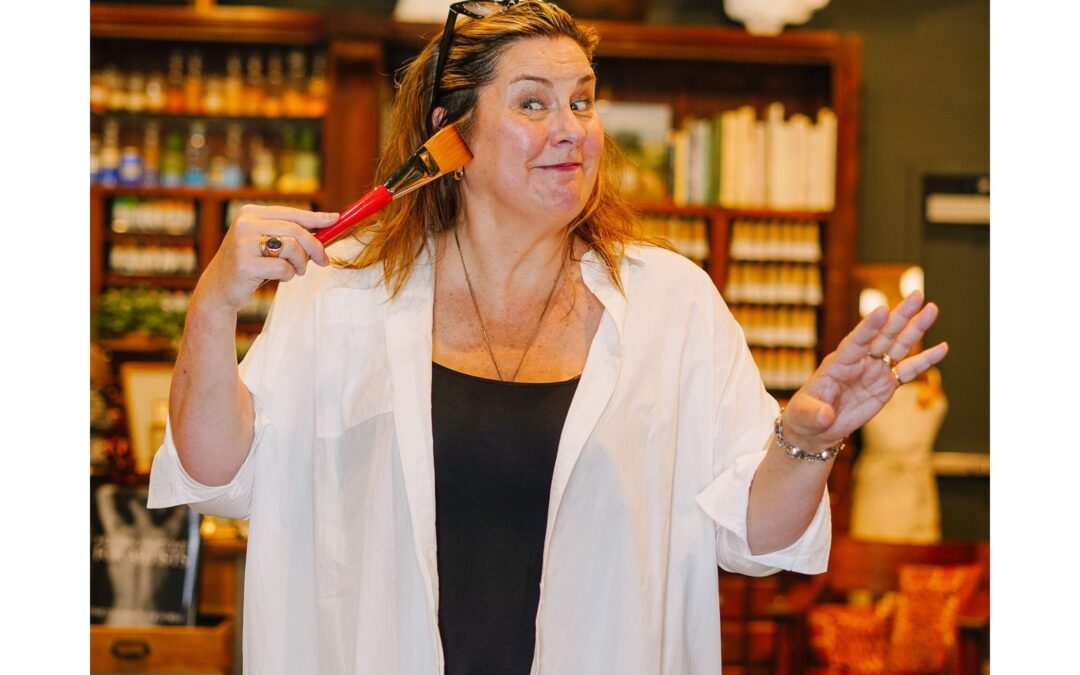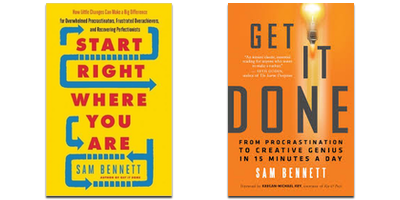
Hate Social Media? Get Authentic Posts Done-For-You!
Let Me Handle the Lions (and the Posts)Alright, listen up, my magnificent creators! Samantha here, and I’m about to try something brand-spanking new, and you, my brave souls, get first dibs. Here’s the deal: I hear you. You want to be seen online. You know it’s important. But the thought of spending your precious time wrestling with what to post, chasing every fleeting trend, or (heaven forbid!) making awkward videos? Nope. Not your jam. And you’re definitely not about to let some robot AI write your authentic voice. Amen to that. So, I’ve been brewing up something just for you: A Done-For-You Social Media Content Package. Now, here’s the kicker: I’ve been a digital marketing award-winner since ’09 (yeah, I know my stuff), but I’ve never offered anything quite like this before. This is a beta version, a little experiment we’re going to try together. That means I’m only taking on a select few clients for this first go-round. I want it to be fun, crystal clear, and genuinely supportive – for both of us. Here’s the rough sketch of what I’m thinking it’ll look like:
What’s your part? You fill out a fun little intake form (maybe even create a Pinterest board for inspiration – get those creative juices flowing!). Then, my trusty team and I take the reins. Now for the good stuff: I’m offering this at a special beta price – way, way less than it’ll be down the road. But here’s the straight talk: I’m only taking a limited number of folks for this first round. This isn’t for everyone, but if it hits you in the gut and feels like a “hell yes,” then I’d genuinely love to work with you. Curious? Want the juicy details? Head on over here: [Link to your enrollment page] Let’s see if we can make some online magic together, shall we? Yours, Sam P.S. Seriously, hit reply and tell me what you think. Questions, suggestions – lay it on me. This is new territory, and your input is gold, got it? Thanks. – S. P.P.S. Your reaction to this email is going to make or break this whole thing. So, if you don’t enroll or even shoot me a quick reply, I’m probably going to assume the crickets mean you’re not interested, and I’ll pull the plug faster than you can say “algorithm.” I know, I know, email marketers (myself included) have trained you to expect a million “last chance” emails. But truly, don’t play that game with me on this one. If this launch gets me nowhere, well, that’s your last chance. New ideas? They thrive on energy, movement, excitement, a little bit of bravery, questions, and damn swift action. So, that’s what I’m asking from you right now. Makes sense? Good. Thanks.
By the Way, You Look Really Great Today |
|






